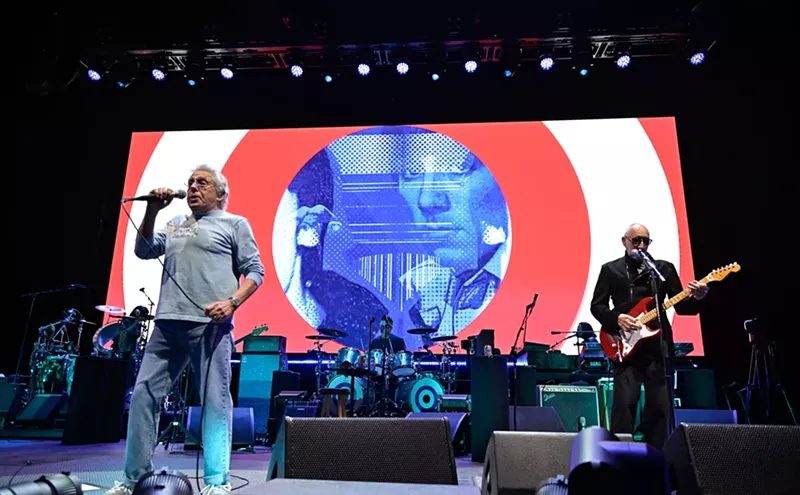The best thing about electronic music is its limitlessness. Having thrown aside the sonic limitations of rock's overdone guitar-bass-drums combo, synthesizer music can sound like virtually anything. And it does.
Electronic music has spawned a gazillion genres and sub-genres to the point of exhaustion. And like dandelion seeds, each sub-genre will land somewhere different and spawn its own set of stylistic offshoots particular to different eras, regions, club scenes, and groups of artists and labels.
1. Bitpop (not to be confused with Britpop)
If you think the best thing about playing Pacman was the silly bleepy soundtrack, then bitpop should be your cup of tea. As an offshoot of chiptune (low-bit sample music produced with computers or video game console sound chips), bitpop is a bit of early '80s nostalgia for the tinny, whimsical Atari video game melodies of our youth. Unlike chiptune, which consists of simplistic melodic sequences, bitpop employs more complex pop songcraft and vocals. Notable artists in the genre include Welle: Erdball, Solemn Camel Crew, Anamanaguchi, and YMCK.
2. Donk
Donk (also known as scouse or bouncy house) is the onomatopoeia used to describe the "donk-donk-donk" super uptempo mid-beat of this '90s UK hardcore subgenre. It basically sounds like cheesy diva-vocalized Europop on a cocktail of crystal meth and steroids. Some notable proponents of the sound are DJs Alex K, Rob Cain, Sunset Bros, and Ben Trengrove, and apparently the scene remains active in some parts of the UK and the Netherlands. No surprise there, given those regions' knuckleheaded appetite for gabber and happy hardcore.
3. Clownstep
Clownstep (also known as doofstep) was a term popularized in the drum 'n' bass web forums of the early '00s and can be traced back to a single track: 2002's "Bodyrock" by Shimon & Andy C. Characterized by a simple swingbeat and screech bassline, this amusing number apparently conjured the image of dancing clowns to one listener, prompting him to dub it "clownstep." But this was a pejorative label and it was first used by D&B snobs. However, clownstep has since been embraced as a proud umbrella term by producers like Twisted Individual, Clipz, and Distorted Minds to describe their own wobbly bass music.
4. Terrorcore
If Satan and his legion of hell-spawned demons were to ascend in an eruption of hellfire and damnation, then terrorcore would be the soundtrack. Running at an infernal, head-pounding 180 to 600 beats per minute, this sound will literally terrorize the listener with a relentless and impossibly fast barrage of machine beats. First conceived in mid-'90s Frankfurt by the Kotzaak label, terrorcore is essentially the unholy bastard lovechild of hardcore techno and death metal. As such, it borrows hardcore's insanely hard-hitting 4/4 beats and metal's dark, morbid aesthetic.
5. Witch House
Witch house (also known as drag, screwgaze, crunk shoegaze, or chillwave) is a much-debated umbrella term used to describe (in no certain terms) the style or set of characteristics of a vocal downtempo electronica form spawned in the early '00s. Music historians trace the roots of this genre back to the choppy slow-mo beats pioneered by Houston's DJ Screw in the '90s. But its hazy, ethereal vocals, and dreamy synth work references everything from dreampop and ambient to industrial to shoegaze. Notable bands fitting the category one way or another are Salem, oOoOO, White Ring, Neon Asylum, and Crystal Castles.











